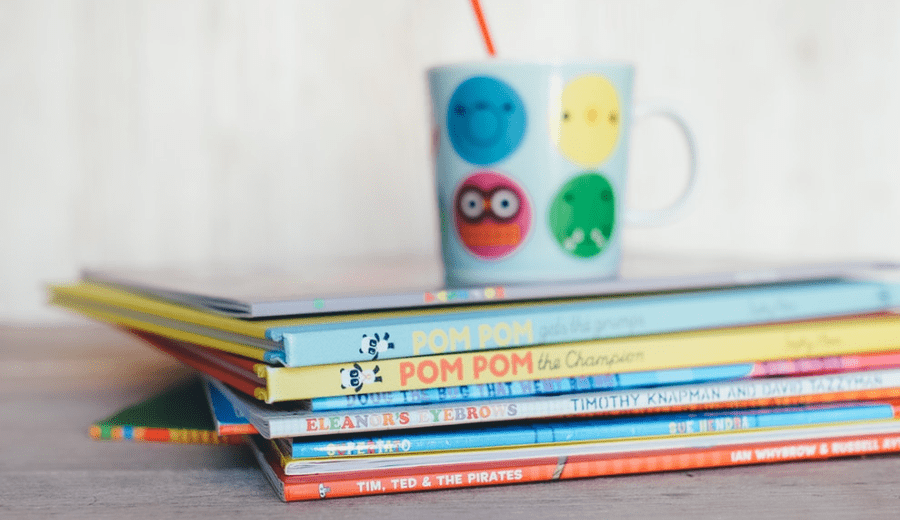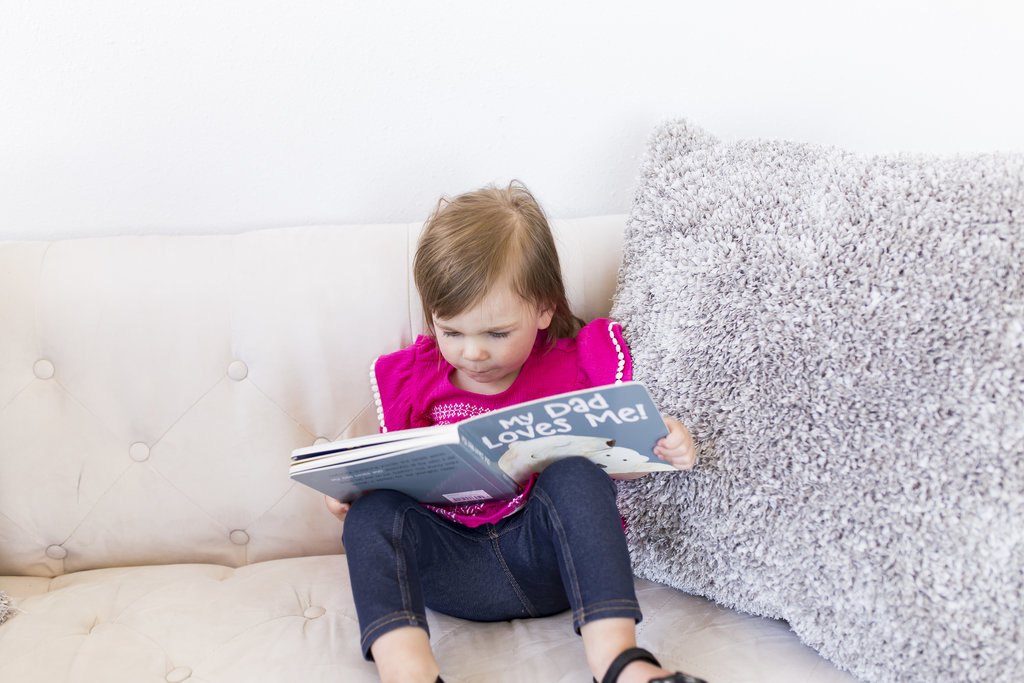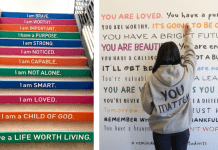I’ve been a high school English teacher for the past 16 years. And for much of that time, I’ve also taught ACT and SAT Prep. While scoring well on a college entrance exam is not the end-all and be-all of life, it is almost impossible to score well on those tests without being a strong reader.
Every year I get students who are not strong readers. I can teach them test strategy and review concepts and give tips and tricks, but I cannot turn a struggling reader into a proficient reader in a semester-long course. Becoming a good reader requires intervention from the earliest stages of life.
 Let’s start by talking about you. No guilt, mamas! Use this information to empower you, not paralyze you. You are your child’s first and most influential teacher. So you get to (not have to) create a culture in your home that will be a strong indicator of your child’s future academic success.
Let’s start by talking about you. No guilt, mamas! Use this information to empower you, not paralyze you. You are your child’s first and most influential teacher. So you get to (not have to) create a culture in your home that will be a strong indicator of your child’s future academic success.
I have older children, who are already reading, both of whom have had their reading challenges. We’ve even faced some dyslexia in our home. However, I am confident that the difficulties we’ve gone through have been mitigated because my kids simply loved stories and books due to their experiences as toddlers and preschoolers. With that in mind, consider some of the following ideas to make your little one a great reader.
1. Have some books around.
A study published in 2010 surveyed 70,000 participants in many different countries at different socio-economic levels and found that children growing up in homes with 500 or more books stayed in school an average three years longer than children from largely bookless homes. Obviously the number of books is not the reason for the increased interest in education, but the researchers suggest that these parents created a scholarly culture in their homes.
2. Be a reader yourself.
When children see the adults around them using reading and writing in their everyday lives, they’re more likely to become readers and writers themselves. So simply having a bookshelf full of books, reading the local newspaper, and reading alongside your child as he or she reads show your child that reading and writing serve valuable everyday purposes.
3. Read out loud to your child.
The importance of reading aloud to children from infancy cannot be understated. Numerous research studies tell us that struggling readers read less than successful readers. It’s just that simple. Also, the sit down quiet time of reading teaches time-on-task at an early age. It helps kids learn to sit still, which, of course, is needed for school. Don’t stop reading aloud when your children learn to read by themselves. When I taught in a physical classroom, as opposed to the virtual one I teach in now, I still read aloud to high school students and they loved it. Choose a book to read together and discuss it or write a journal back and forth.
4. Try to make the reading aloud experience special.
Make it warm and inviting. Give the characters voices. Read with emotion. Treat reading aloud as a performance for your all-important audience—your kiddos!
5. Treat books as treats.
Give them as special prizes or rewards. Make them a hot commodity in your home. I put them in Easter baskets and stockings. I’ve heard of some tooth fairies that leave books instead of money. Genius, I tell you!
6. Introduce classic story lines early.
There are age-appropriate children’s versions of mythology and King Arthur and other classics so kids will have scaffolding once they reach these difficult texts in high school or beyond.
7. Frequent the library.
Make it a place they love! Albuquerque has a wonderful public library system. Lucky us!
So what can you do when your kids are very young?
Don’t stress out! I’ve had two young moms talk with me recently who have two year olds. They’re doing lots of the above things, but think they aren’t doing enough. They’re doing great. They should keep at it and not grow weary. When children show interest, teach them letters and letter sounds. Make it fun though. Make it part of everyday play.
I caution against early baby reading programs. Those babies you see on TV aren’t really reading. They’re recognizing pictures. The shapes of the letters form pictures in their minds, so they learn to recognize the word. I know some studies say these babies are ahead of their peers academically; however, the gap closes by age six. And if a parent is spending a large amount of time teaching a baby to read, what might that baby be missing out on? Unstructured time, make believe play, and self-regulation are incredibly important cognitive building skills. These things build executive function, which apparently is a greater indicator of success in school than IQ. Old-fashioned play is indicative of future academic achievement.
Keep at it, mama! You’ve got this! Pick up a nice beach read, plop yourself next to your little one, and take some time to read.
Originally published July 2019.
The opinions expressed in this post are those of the author. They do not necessarily reflect the official policy or position of ABQ Mom, its executive team, other contributors to the site, its sponsors or partners, or any organizations the aforementioned might be affiliated with.












